Food waste happens throughout the year, not just at Christmas. But, during the festive season we cook 80% more food than at any other time of year.
Why is this happening?
We see an increase in BOGOF offers (Buy One, Get One Free) from supermarkets, bigger family gatherings and seasonal staples that just make Christmas, well, Christmassy. Supermarkets push food to customers at an alarming rate. 40% of groceries go on sale during this season, further promoting overconsumption.
Food waste is the result of this excess, but it doesn't have to be!
At Christmas, we bin 263,000 turkeys, 74 million mince pies and 17.2 million sprouts, 9 million carrots, 11.3 million potatoes, 7.1 million pigs in blankets. Together, if converted to energy through proper recycling, it could power a home for 57 years! Not to mention the contrast of this excess with the increasing number of vulnerable people who do not have enough to eat.
For every tonne of food wasted, 4.5 tonnes of CO2 emissions are released. This is happening at shop and farm level too, with supermarkets rejecting up to 40% of vegetables because they don't 'fit the aesthetic'.

This table from ReFood breaks down how much energy in years we'd get if each food group was converted into energy.
Here are our five top tips on how to avoid food waste this Christmas!
1. Shop your pantry first
We've all run to the supermarket looking for something specific, only to find the item already sitting at home, behind the spices at the back of the cupboard.
Before you write your list, have a look around your pantry, fridge and freezer to see if you already own the item, or something close enough. Using up the food you have at home is also a great way to save money, prevent food waste and discover new recipes in the process.

2. Stick to the plan (avoid bogof)
Buying what we need, not what we want, is at the heart of the issue. At Christmas, we are conditioned to think that if we're not stuffed like the turkey, we didn't do it right.
With public health trending in the wrong direction and 63.9% of the population obese, it's both the quantity and quality of our food choices that are catching up with us. Having a clear shopping list with quantities considered, will help prevent impulse buys. You can even order online, or use a veg delivery service like Abel & Cole or Oddbox to remove the temptation completely, whilst ensuring you get everything you need.
3. Use-by vs Best Before
Best before and use by dates are slowly losing their rigidity. Indeed, some supermarkets have removed the label for use-by dates completely. Morrisons started by removing the use-by dates on their own branded milk, inviting customers to use the 'sniff test' instead. Waitrose and Tescos followed suit, with use by dates disappearing from 800 lines of fruit and veg between them.
If purchasing meat or dairy products for the big day, be sure that you check the date, just in case it's likely to turn before the day comes. Or pop the items in the freezer to guarantee freshness.
Remember, best before dates are a guidelines, not a health and safety warning.

4. Get creative (use up)
When Christmas dinner is over and you're scraping off the plates, you have a few options. Pop the leftovers into Tupperware for eating the next day, blend it into soups, add to curries or casseroles or freeze for using in the coming weeks. Getting creative with leftovers is one of the best ways to ensure it gets eaten and not wasted.
We love these recipes!
- Mince Pie Ice Cream Sandwiches - Delicious Mag
- Christmas Bubble & Squeak - Bosh TV
- Boxing Day Brunch - Allplants

5. Waste not want not
If you find you have more than you need, take extras round to friends and family, invite your guests to leave with a box of goodies. Charities, homeless shelters and donation banks will accept food items, though under rigorous conditions when home cooked.
If you have unopened boxes of mince pies, chocolates or Christmas puddings, these are all perfect to be dropped off at your local food bank. The number of people using food banks has been increasing and they are welcoming donations.
If you would like to donate cooked food, be sure to label the ingredients for any allergens and package it properly to ensure no cross contamination. You can see more details about how to do that here.

6. Give it back
Compost it! If you are in the position where you have access to a food caddy, or a compost in your garden, use it! Composting your leftovers into the soil is great for soil health, improving its quality over time by recycling nutrients and increasing the soil's ability to soak up water - great for when the rains come!
When your food bin is picked up by your council, it is often taken to Anaerobic Digestion Plants where it creates energy to heat homes. By doing this, we close the loop of surplus food, conserving space in landfill and reducing greenhouse gas emissions.
If you don't have access to a food waste bin or compost, it's not the end! You can request a food caddy from your council, or employ steps 1 - 5 to ensure that you reduce food waste wherever possible.

If you're looking for more ways to reduce your waste this Christmas, sign up to our Plastic Free Christmas Pledge and get a weekly email packed full of inspiration and ideas!
Sign up to the Plastic Free Christmas Pledge here, and get counted amongst hundreds of other people making their Christmas low waste!
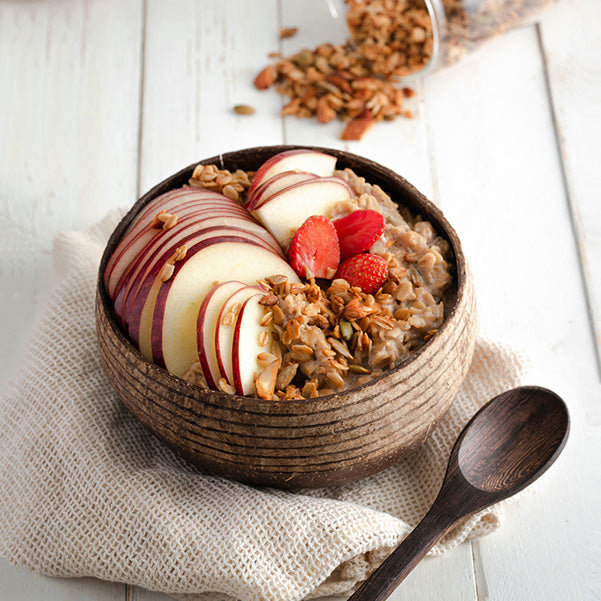
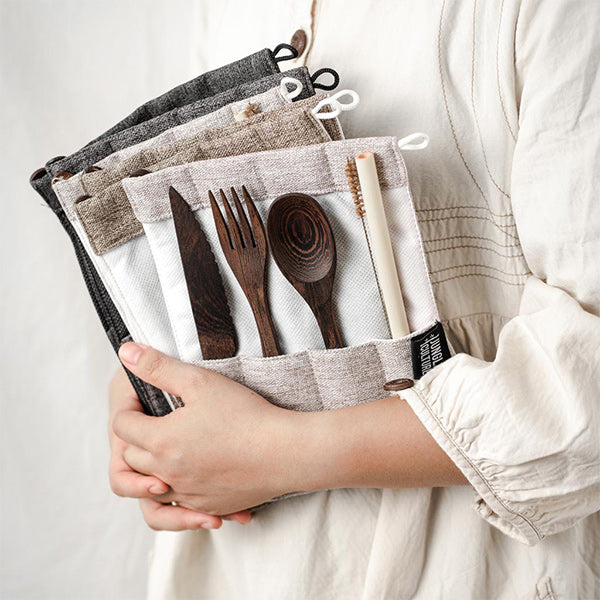
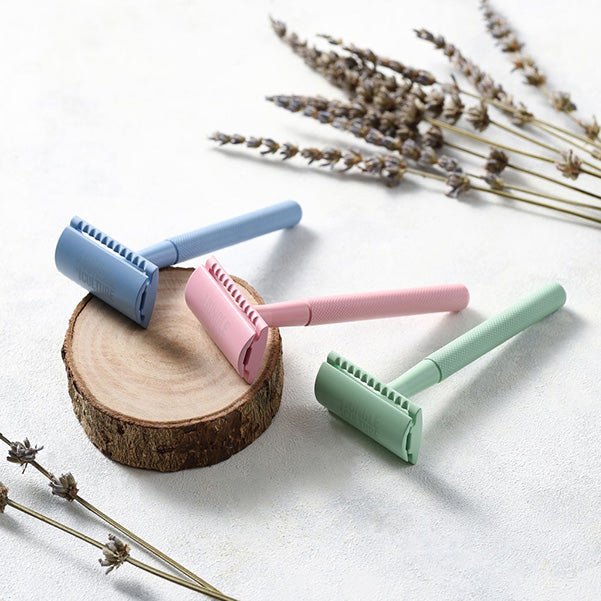
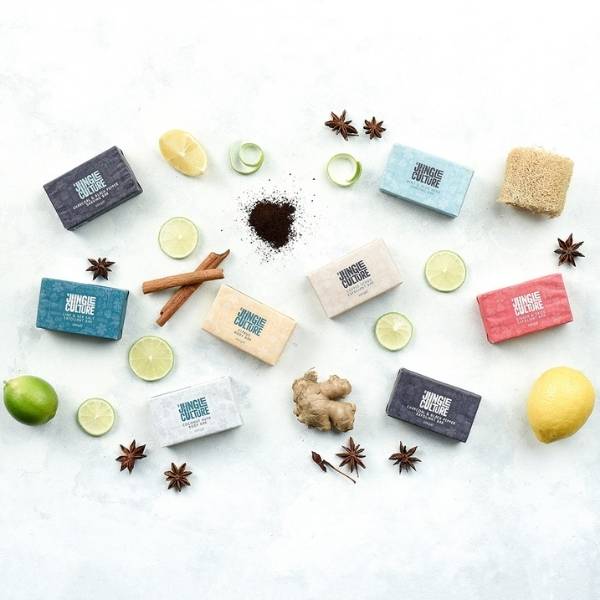
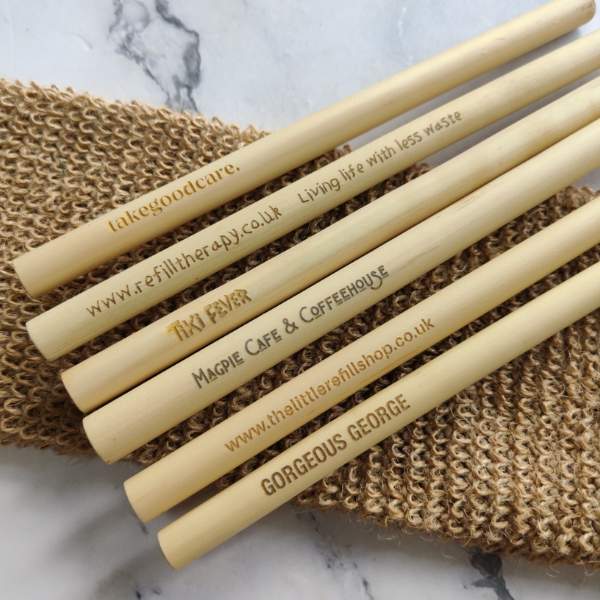

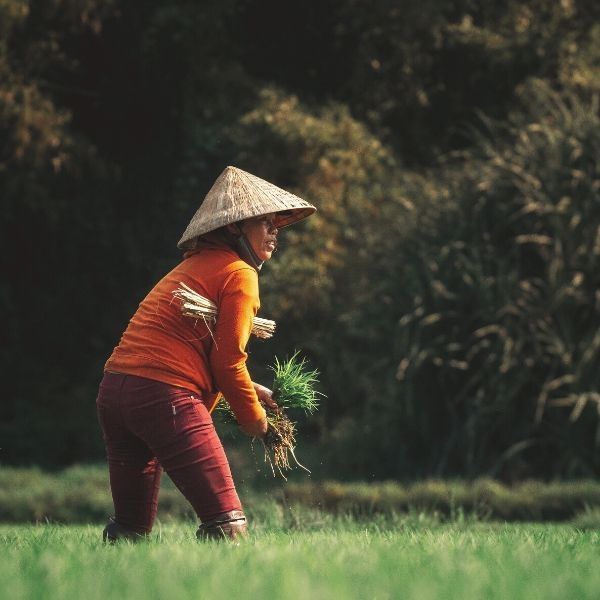

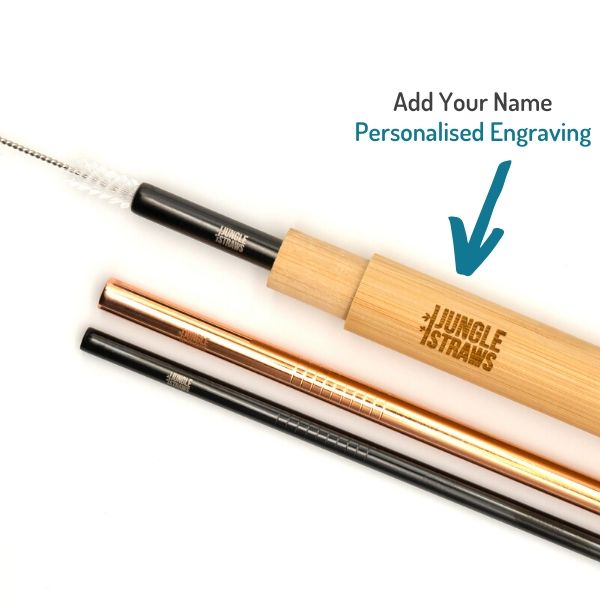
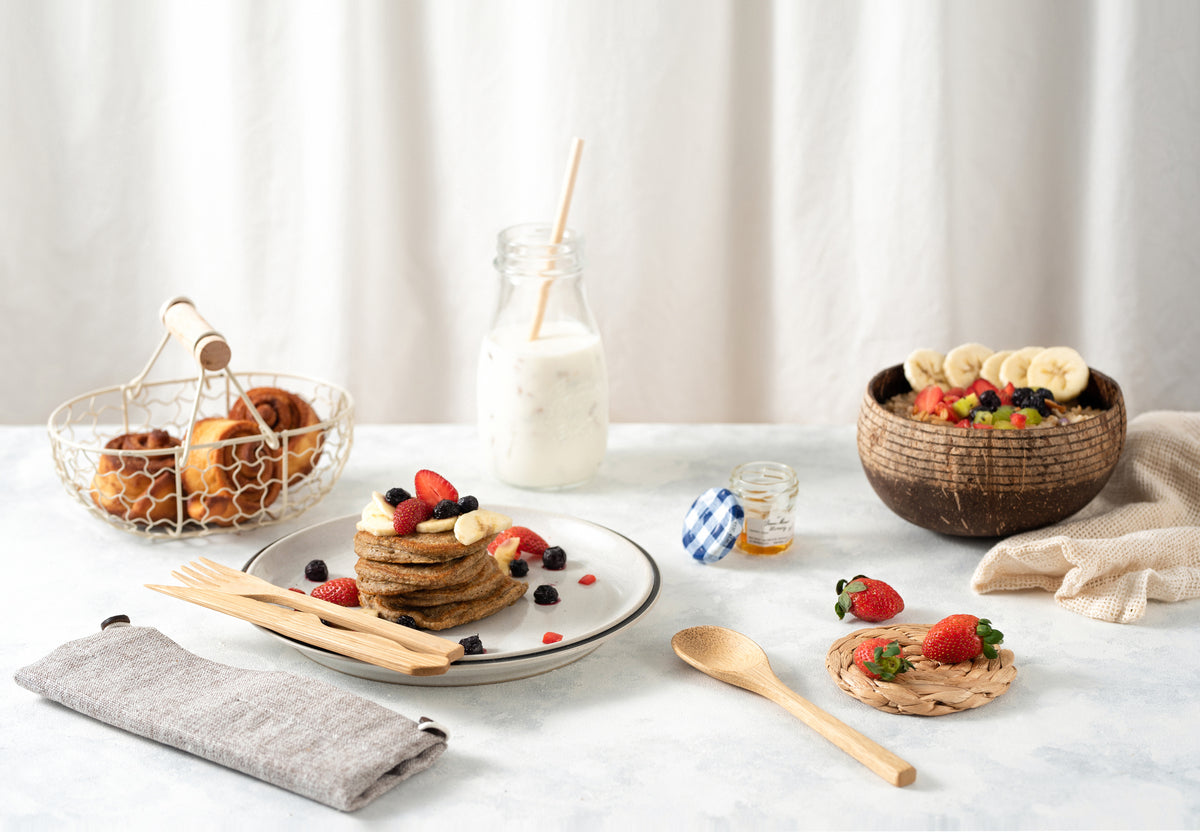



Leave a comment (all fields required)